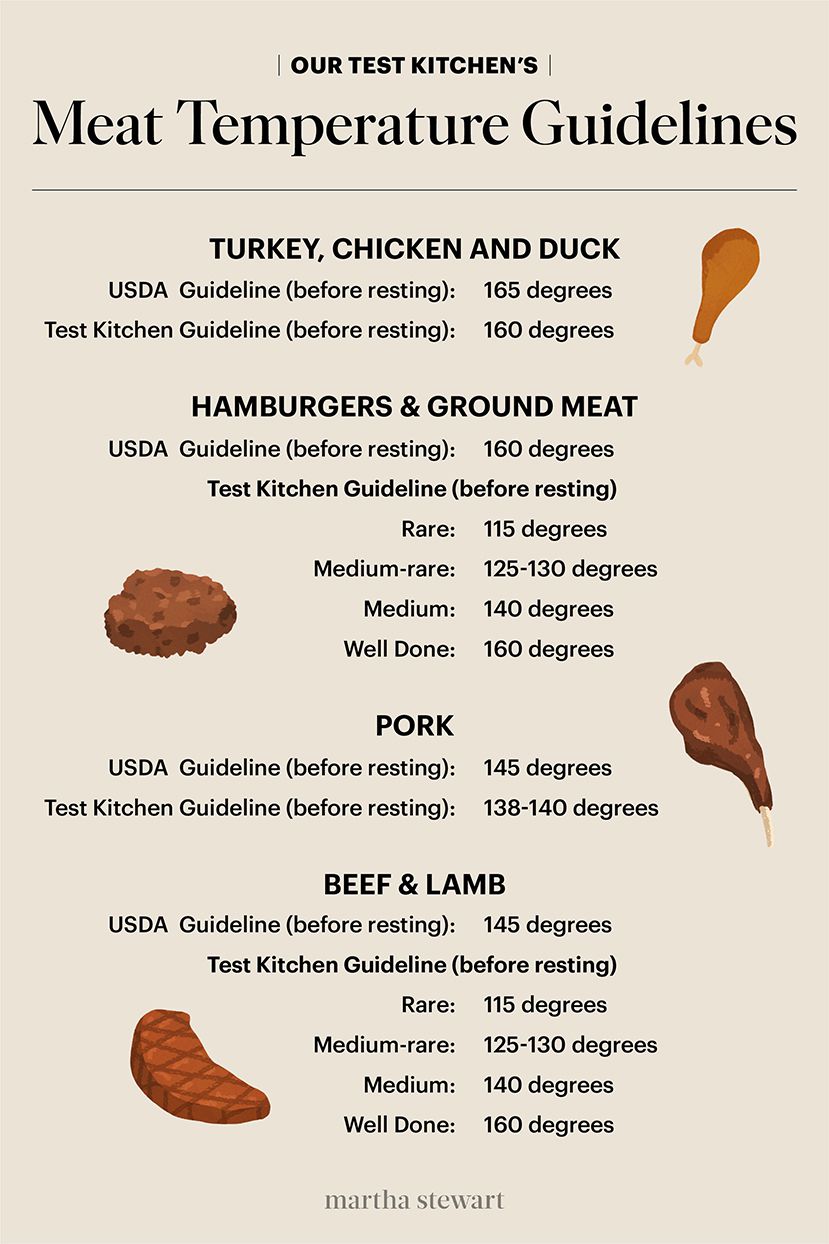

summaryĮating pork that carries Trichinella spiralis can cause trichinosis. These bacteria can cause fever, chills, and digestive distress ( 6). In fact, only 13 cases of trichinellosis were reported to the Centers for Disease Control and Prevention (CDC) in 2015 - substantially fewer than in the past ( 5).įor comparison, it’s estimated that around 400 cases of trichinellosis were reported to the CDC each year in the 1940s ( 2).ĭespite the decline in the incidence of trichinosis, proper cooking is still crucial to reduce the risk of infection.Ĭooking pork can also prevent foodborne illness caused by strains of bacteria such as Salmonella, Campylobacter, Listeria, and Yersinia enterocolitica.

The worms grow in the intestine of the host and then produce larvae that pass through the bloodstream and become trapped in the muscle ( 2).Įating undercooked pork that is carrying Trichinella spiralis can lead to trichinosis, an infection that causes food poisoning symptoms like diarrhea, stomach cramps, muscle pain, and fever ( 3).įortunately, improvements in hygiene, laws related to waste disposal, and preventive measures designed to protect against infection have led to significant reductions in the prevalence of trichinosis within the last 50 years ( 4). Trichinella spiralis is a type of parasitic roundworm found in many omnivorous and carnivorous animal species around the world - including pigs ( 1).Īnimals can acquire this parasite after eating other animals or scraps of meat that contain it.


 0 kommentar(er)
0 kommentar(er)
